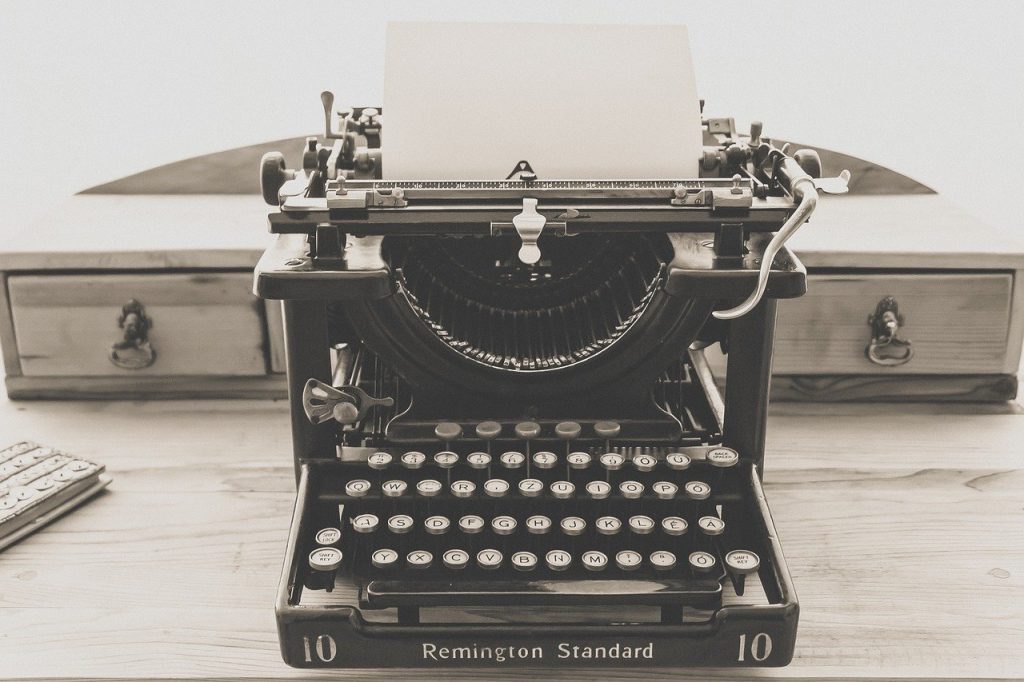
This pre-supposes of course any of you are remotely interested in the process of writing a novel…
I tend to write early in the morning before anyone else is up, sitting at a laptop in the kitchen. Otherwise, I’ll write whenever and wherever I’m given the opportunity. So I’ll write on trains, or in cafes, or basically anywhere I can find a flat surface to mount the laptop on.
Writing isn’t easy. I try to do around 1,000 words a day and you have to stick to that; otherwise you find months have passed and you’ve written nothing. My last novel, Darkness Falling, took me two years to write. It was made worse by the fact that I also had to do a lot of research before I could even start to write. No only did I read several histories of the period but I also read as many novels as I could that had been produced about the Famine.
My first novel, Down Where the Sharks Swim, was much easier to write because it was a straightforward thriller. I also wrote it in the first person. With Darkness Falling I used an omniscient narrator which frankly is much harder work. You have to decide which characters you’re going to inhabit; you can’t go head hopping between them all because that simply doesn’t work. Why would a reader be interested in the mental processes of very minor characters who are perhaps only around for a couple of paragraphs? I think if you attempted this, you would very quickly produce something which was unintentionally very funny. I’m tempted to try it one day just for comic effect. Having said this though, I hate experimental novels; I read The Life and Opinions of Tristram Shandy at University as a set text and absolutely loathed it. Nor did I find it funny. If you are interested here’s the link on the Amazon website:
I recently listened to a Desert Island podcast with the author, Kate Atkinson. She described the process of writing as a fabrication like weaving, ie a craft where something has to be made or fashioned. I can empathise with this because I’ve always had a very similar analogy in mind when I’m writing. For me, its like carpentry; you produce several pieces of writing, like different sections or lengths of wood, which then have to be assembled or fitted together. If you get it right you get a functional piece of art like a well fashioned cabinet or table. What it isn’t like, is some mysterious flow of consciousness where you only have to put the pen on the page for the magic to appear. It’s much, much tougher than that. What actually happens is that you sit down to write and for a while, what you do write is produced through gritted teeth, because it seems so laboured and mediocre. You know when this happens that once you read it back you’ll probably have to completely rewrite it, or worse still, simply bin it. If you persevere though, sometimes you hit a zone, where you suddenly realise that what you are writing is working and better still, is genuinely good. Sometimes (and very rarely) it’s better than good; that’s where the magic lies and it’s for those moments that I write.